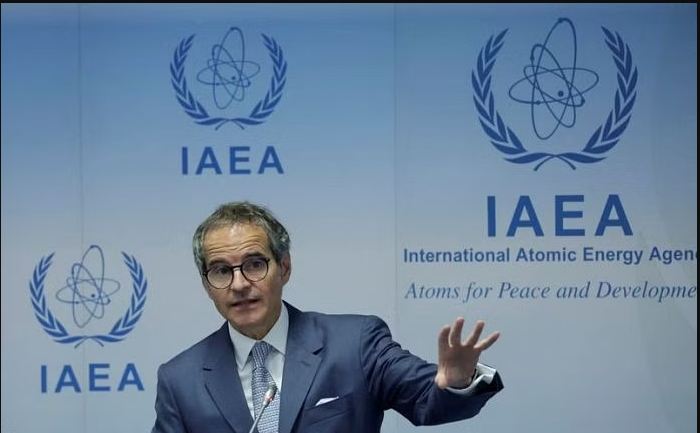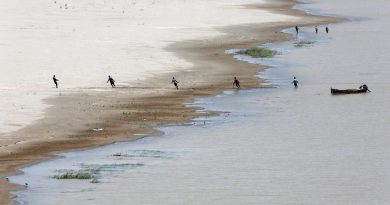UN Nuclear Watchdog Condemns Iran’s Restriction on Inspectors, Hindering Oversight of Nuclear Activities
Vienna – The International Atomic Energy Agency (IAEA), the United Nations’ nuclear watchdog, has issued a strong condemnation of Iran’s decision to bar a significant number of its experienced inspectors from the country. The move has been deemed “disproportionate and unprecedented” by the agency, severely impeding its ability to effectively monitor and oversee Tehran’s nuclear activities.
In a statement, IAEA chief Rafael Grossi expressed his firm opposition to Iran’s unilateral measure, emphasizing its detrimental impact on the agency’s verification activities in the country. He highlighted that the decision not only hinders the normal planning and conduct of inspections but also contradicts the spirit of cooperation that should exist between Iran and the IAEA.
The exclusion of a substantial portion of the agency’s most skilled inspectors raises concerns about the transparency and accountability of Iran’s nuclear program. The IAEA plays a crucial role in ensuring that Iran complies with its international obligations and commitments under the Joint Comprehensive Plan of Action (JCPOA), commonly known as the Iran nuclear deal.
The Iranian government’s action comes at a time when the international community is closely monitoring the country’s nuclear activities, particularly in light of recent tensions and discussions surrounding the revival of the JCPOA. The agreement aims to limit Iran’s nuclear capabilities in exchange for sanctions relief.
The IAEA’s ability to carry out independent inspections is vital for maintaining the integrity of the JCPOA and ensuring the peaceful nature of Iran’s nuclear program. The agency’s inspectors possess extensive expertise and experience, which are crucial for accurately assessing Iran’s compliance with its nuclear obligations.
The decision to restrict access to these inspectors raises doubts about Iran’s commitment to full transparency and cooperation with the international community. It also poses challenges to ongoing diplomatic efforts aimed at resolving key issues related to Iran’s nuclear program.
The IAEA has called upon Iran to reconsider its decision and allow the agency’s inspectors to resume their crucial work without any undue restrictions. The agency urges Iran to uphold its obligations under the JCPOA and to cooperate fully with the IAEA in order to address any concerns and ensure the peaceful nature of its nuclear activities.
The international community, including countries involved in the JCPOA negotiations and those with a vested interest in regional stability, should closely monitor the situation and exert diplomatic pressure on Iran to reverse its decision. Robust and effective oversight of Iran’s nuclear program is essential to promote regional security and prevent the proliferation of nuclear weapons.
As the situation unfolds, the IAEA and its member states will continue to closely engage with Iran to address the current impasse and find a mutually agreeable solution that upholds the principles of transparency, cooperation, and non-proliferation.
In conclusion, the IAEA’s condemnation of Iran’s decision to bar a significant number of its experienced inspectors underscores the critical importance of independent oversight in ensuring the peaceful nature of Iran’s nuclear program. The international community must remain vigilant and work collectively to resolve this issue and uphold the integrity of the JCPOA.



